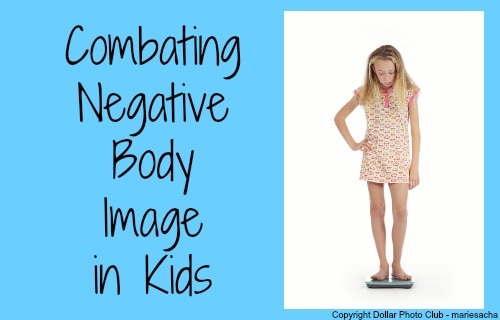By Guest Blogger Allison Chapple, MS/EdS, LPC, NCC
“Flat Ab Secrets!”
“Burn 500 Calories in One Quick Workout!”
“Feel Your Best in a Bikini in Just 5 Moves!”
“Bikini Ready in 10 Days!”
“Shrink Your Belly, Butt, and Thighs!”
It’s that time of year in my practice when I start hearing about resolutions to lose weight and to start getting ready for Spring Break and bikini season. I am even hearing this from kids as young as 10! A quick scan of the magazine rack at the grocery store tells me that pressure to “get fit” is as strong as ever based on the above headlines. Even as I type this article, Oprah Winfrey is on a television commercial in the background encouraging dieters by saying, “If not now, when?”
A study of 4,294 network television commercials revealed that 1 out of every 3.8 commercials send some sort of “attractiveness message,” telling viewers what is or is not attractive. These researchers estimated that the average adolescent sees over 5,260 “attractiveness messages” per year. Add to television and magazines, Instagram and other social media outlets, and that is a staggering amount of media influence on our children. Although media is not solely to blame for the ever increasing rate of eating disorders in children and adolescents, the messages picked up from media do contribute to a cultural definition of what is considered attractive.
Often, I am asked by parents what they can do to help combat the onslaught of negative messages their children are picking up regarding their bodies and appearance. Here are some ideas to promote healthy self-image and confidence:
- Be a critical viewer! Make sure you are keeping an eye on what your child is watching/looking at and have a conversation about the content. Discuss how the images or messages makes your child feel about herself and if the images are realistic.
- Be very careful with your own language towards your nutrition, body, and exercise routine. We are huge role models for our kids about healthy attitudes towards our bodies! You cannot expect your daughter to embrace her own body if she hears mom cutting down her own or going on the next fad diet or workout plan.
- Talk about the pressure that your child has to look a certain way. This is a great opportunity to discuss how looks don’t define her and there are so many other worthy qualities your child has. Frame discussions about nutrition and exercise in terms of feeling good in her body and being healthy versus skinny.
- Keep the focus on characteristics outside of the external such as athletics, academics, or more importantly kindness, generosity, or being a good friend. Kids need to be reminded that there are so many more important values than just the way that they look!
- Help your kids to feel good in their bodies and to enjoy the way food tastes. At a young age, kids begin to see food and exercise as punishing or a means to manipulate their weight. Spend time in activities together such as bike riding, shooting hoops or hiking. Invite them to help you grocery shop and to prepare food in the kitchen.
- Discuss what makes your child feel confident and look for ways to encourage that. Does she feel good about herself when she is helping others? Find a way to volunteer together. Does he feel great when he is playing a sport? Have him help coach a tot team. This a great way to stay focused on the important “inside” qualities.
- Spend time with your child watching clips like this: https://www.youtube.com/?v=Q5qZedMTkkE . This is a great example of what goes into creating the “perfect” image you see in the media!
While we cannot prevent our kids from absorbing negative messages in the world around them, we can have a powerful effect on how our kids feel about themselves through great modeling and conversation.

















Great read. Question to the author: What is a good response to my 12 year old when we are out trying on clothes and she says, “This makes me look fat”?
It truly saddens me when I see how the media affects our young girls. If we help our children understand all the things you mentioned above, we can band together to make a change!
Allison, what an appropriate message for ALL age groups. Such a well-written piece that reminds us people are watching not just our voices, but our body language as well. Congrats